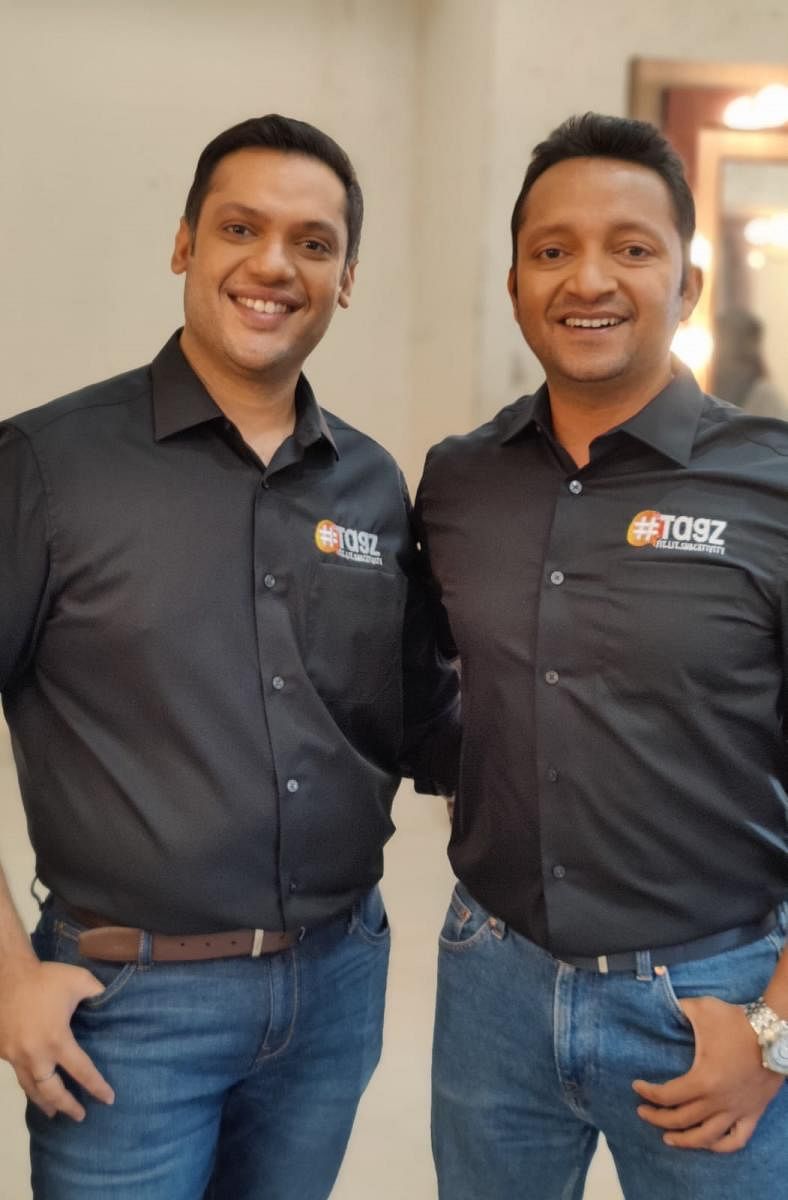Story of B’luru startups after their Shark Tank win



With Season 2 of the business reality show ‘Shark Tank India’ now on air, many are wondering what happened to startups that won funding last year.
At least 12 Bengaluru businesses had pitched their ideas in the TV round in 2022 to a panel of investors comprising Aman Gupta, Anupam Mittal, Ashneer Grover, Namita Thapar, Vineeta Singh, Peyush Bansal and Ghazal Alagh. Metrolife contacted a few who won investments.
NOCD
The ‘no carbs’ energy drink startup secured Rs 50 lakh at 15% equity and Rs 30 lakh in debt from Vineeta but let go of the deal eventually.
Co-founder Siddharth Mishra says: “Our monthly sales grew rapidly — from Rs 7-8 lakh to Rs 50-60 lakh after the episode aired (in January 2022). Our valuation jumped from Rs 10 crore to Rs 60 crore. The cash flow was streamlined, so we made a strategic decision not to give away equity.”
NOCD had a presence in just Karnataka and Maharashtra, but its footprint is now wider, covering other states. It has also launched a new product. “The show gave us visibility, virality, and business numbers, which was a challenge during the pandemic. Plus, we gained respect in the startup community,” he says.
Tagz Foods
Grover and Namita offered Rs 1.2 crore for an equity of 2.75% to this new-age, healthy snack brand.
It was selling no-fried, no-baked ‘popped’ potato chips, and dips when its episode aired. In nine months, it was able to add categories like chocolates and cookies, and four manufacturing units, and expand to 24 Indian cities and countries such as Kuwait, UAE, Australia and Bhutan “as a relatively known brand”, co-founder Anish Basu Roy says.
“When we opened a consumer stock option plan, 5,400 people participated,” he recalls, proudly. The startup’s TV appearance continues to stream on apps and social media, and the new season has reignited interest in older participants. This marketing exercise would have required an investment of at least Rs 5 crore from their end, Roy admits.
However, public memory isn’t perpetual, and so small brands need to capitalise smartly on the “launch pad” the show provided, he says. “We had to ramp up our capacities and figure out supply-chain complexities rapidly,” he says.
Thinkerbell Labs
The team demonstrated the world’s first self-learning Braille device, Annie, on TV. Clinching Rs 1.05 crore for 3% equity from investors Bansal, Namita, and Mittal brought them credibility.
CTO Dilip Ramesh explains: “We are a B2B (business-to-business) company but we started getting requests to create customer-centric variants.”
The access to resources has opened up. “In terms of mentorship, the investors and their teams help us leverage their network of experts and manufacturers. They are approachable,” he says.
It has also spread the word in a way that saves the company time. “We used to spend a lot of time introducing ourselves and explaining Braille literacy and Annie at business meetings. Now people know us,” he says. Likewise, the team now offers fewer explanations to the security personnel when it carries the device at airports.
The company’s newsletter sums up 2022 as a mega year: Time magazine named Polly, the US variant of Annie, as one of the best inventions; Solve, an initiative by the Massachusetts Institute of Technology, identified them as one of the most impactful startups; their brand ambassador, the 11-year-old Prathamesh Sinha, demonstrated Annie to Prime Minister Narendra Modi; Annie is in 23 new schools. The startup team of 10 has grown to 35.
The State Plate
A platform to source and deliver regional food products across India, it won a deal of Rs 40 lakh for 3% equity and Rs 25 lakh debt from Bansal.
“We experienced a 180-degree shift in supplier response. Earlier, we would run behind them to ask them to join our marketplace. Now, they chase us and offer discounts,” says co-founder Muskaan Sancheti.
Talking of intangible benefits, she says ‘Shark Tank India’ participants have formed citywise WhatsApp support groups and help out with problems ranging from technological to logistical. Similarly, ‘Shark’ Bansal arranged a visit to his warehouse in Delhi for the company to see how large-scale orders are processed.
Despite the overnight fame, Muskaan says the hustle is still on, the company is wading through “highs and lows” and “is aiming to become profitable”.